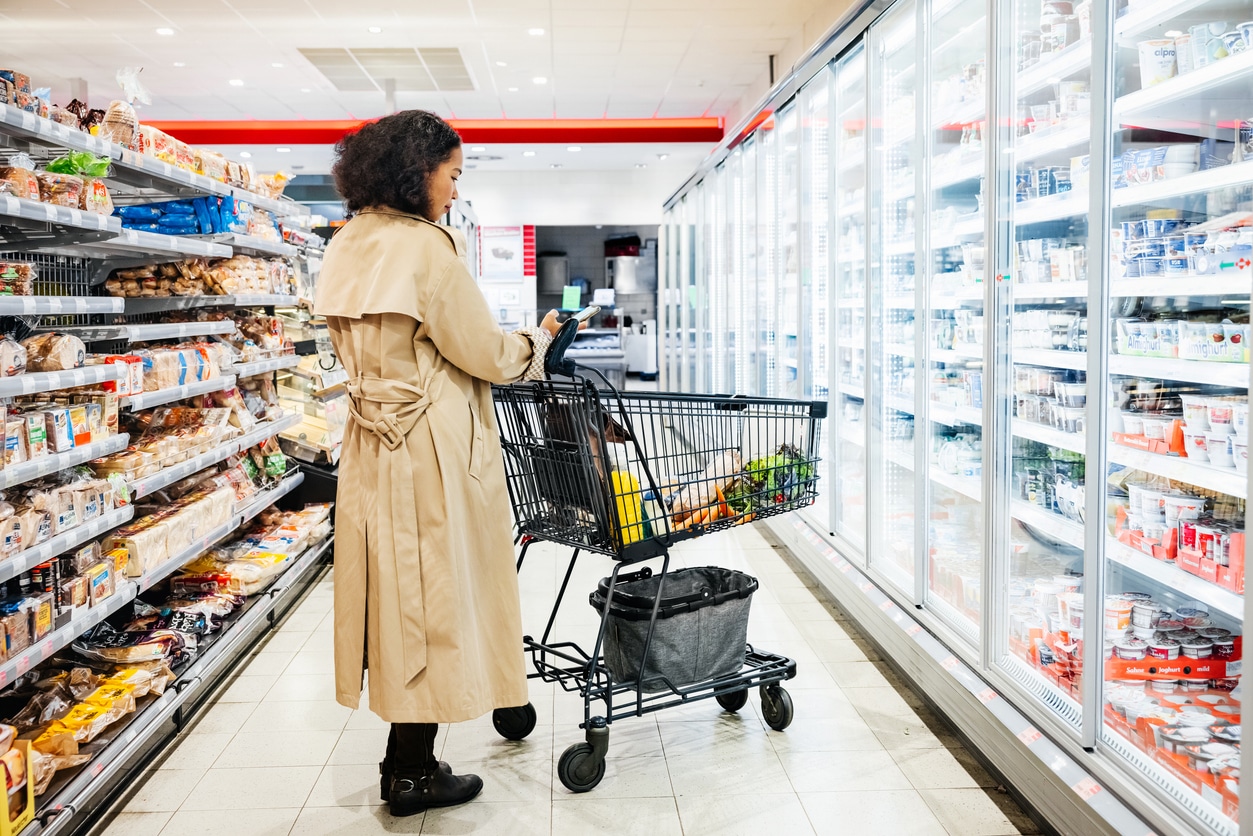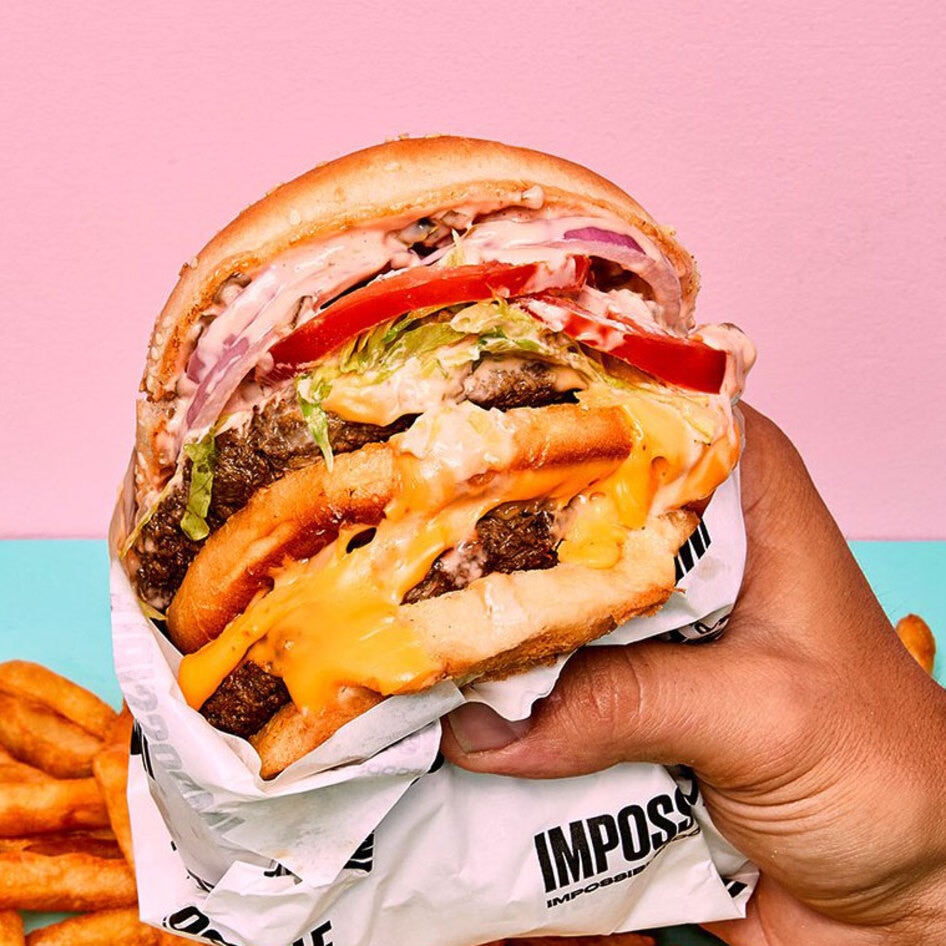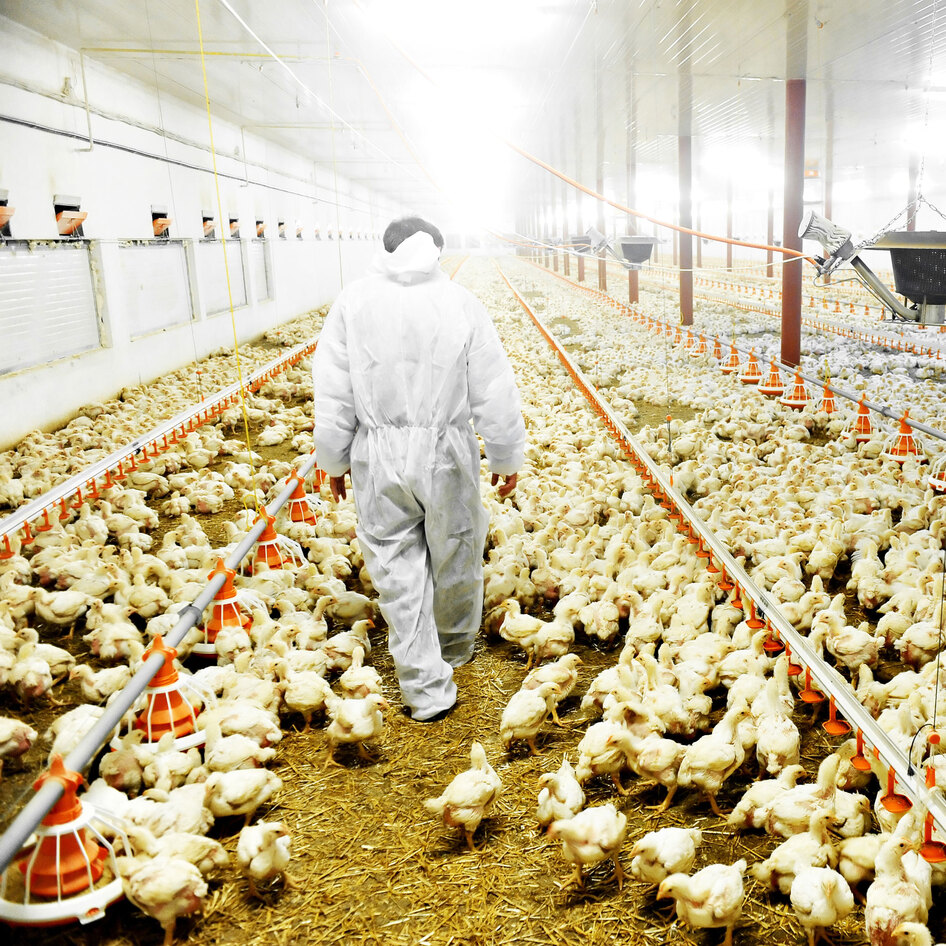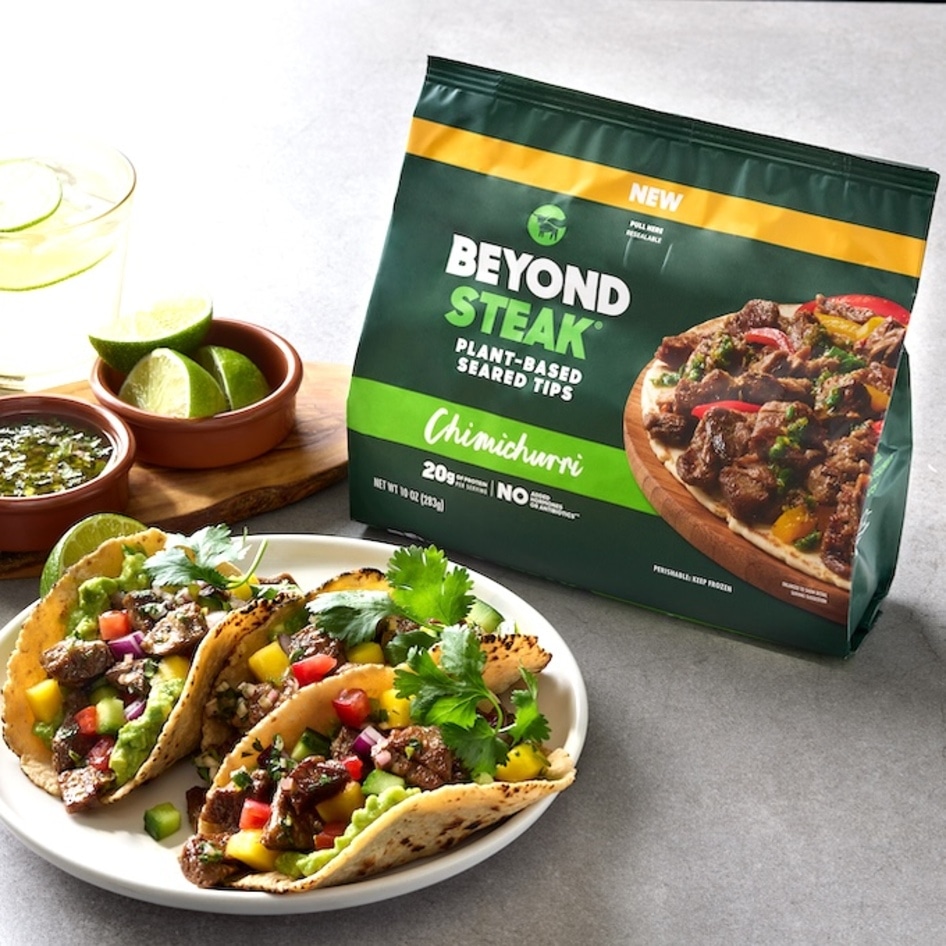France has taken another controversial step in regulating plant-based foods. On March 26, ANSES, the country’s national food safety agency, issued a recommendation urging public catering operations to avoid serving soy-based products, citing potential health risks associated with isoflavones—plant compounds that mimic estrogen. The agency has also asked producers to reevaluate soy processing techniques to reduce isoflavone concentrations in consumer products.
Soy and isoflavones: parsing the science
Isoflavones, naturally occurring compounds in soy, have long drawn both praise and scrutiny. Their ability to bind to estrogen receptors in the body has led some to question their impact on hormone-related health issues, particularly reproductive function.
In its latest review, ANSES expressed concern that consuming too much soy could impair reproductive health in children and pregnant women due to the presence of these compounds. However, critics argue the agency’s conclusions are overly cautious and not in line with broader international evidence.
 Polina Tankilevitch | Pexels
Polina Tankilevitch | Pexels
“We are surprised by the ANSES recommendation to exclude soy-based foods from catering despite their well-documented health and environmental benefits,” said Anna-Lena Klapp, head of research at ProVeg International, in an interview with Euractiv. Citing a 2020 review from a US public health agency that deemed soy safe for general consumption, she added, “We would like to see large-scale meta-analyses that support [ANSES’] recommendation.”
The European Food Safety Authority (EFSA) last assessed isoflavones over a decade ago, focusing on supplements for menopausal women. That study found no adverse health impacts within recommended intake levels. EFSA has not conducted a newer, comprehensive review of isoflavones in whole foods like tofu or soy milk.
France’s labeling battles with plant-based foods
This isn’t France’s first clash with the plant-based sector. In February 2024, the country introduced a decree prohibiting plant-based products from using terms like “steak,” “escalope,” or “bacon” on packaging. Officials argued that meat-related terminology misleads consumers and undermines traditional agricultural practices.
BECOME A VEGNEWS VIP: Get exclusive product deals, freebies, and perks galore!
 Getty
Getty
But in January 2025, France’s Conseil d’État—the highest administrative court—suspended the decree. The court ruled that banning meat-related names on plant-based products contradicted European law and posed a threat to fair competition.
Environmental stakes and misplaced blame
Soy is not just a healthy protein powerhouse; it’s a sustainability asset. The legume has a significantly lower environmental footprint than meat, particularly when grown for human consumption. According to a study published in Nature Sustainability, shifting from meat to soy protein could reduce deforestation and greenhouse gas emissions, and free up vast swaths of land currently used for livestock feed.
Yet, soy remains a scapegoat in some European circles due to its association with deforestation in South America—an issue largely tied to soy grown for animal feed, not human consumption. Only about 7 percent of global soy production is used directly in food products like tofu, soy milk, and tempeh.
The soy double standard?
Some observers note the inconsistency in France’s public health stance when comparing soy to other widely consumed foods with known health risks. In 2015, the World Health Organization classified processed red meat as a Group 1 carcinogen, linking it to colorectal cancer. Despite this, ANSES has not issued similar mass catering restrictions on meat products.
“We are surprised that ANSES does not make a comparable recommendation for processed red meat,” Klapp added. “In 2015, the World Health Organization classified processed meat as a carcinogen. ANSES has not made a recommendation to remove it from mass catering.”
Rafael Pinto, senior policy manager at the European Vegetarian Union, was more direct. Calling the ANSES guidance a form of consumer manipulation, he said it “[defies] the scientific consensus” and serves as “a tactic to push consumers away from plant-based alternatives.”
French dietary policy is facing increasing scrutiny from NGOs and environmental groups who say the country’s conservative stance is stalling progress on sustainable eating. With the European Union actively promoting protein diversification, France’s approach to soy could set back pan-European goals for climate-friendly food systems.
“Soy-based foods have been safely consumed around the world for centuries,” Michela Bisonni, director of Plant-Based Foods Europe, told Euractiv. Bisonni criticized the soy catering ban as yet another policy made “without considering the full set of evidence […] to conclude on a balanced risk-benefit approach.”
For more plant-based stories like this, read:
JUMP TO ... Latest News | Recipes | Guides | Health | Subscribe








